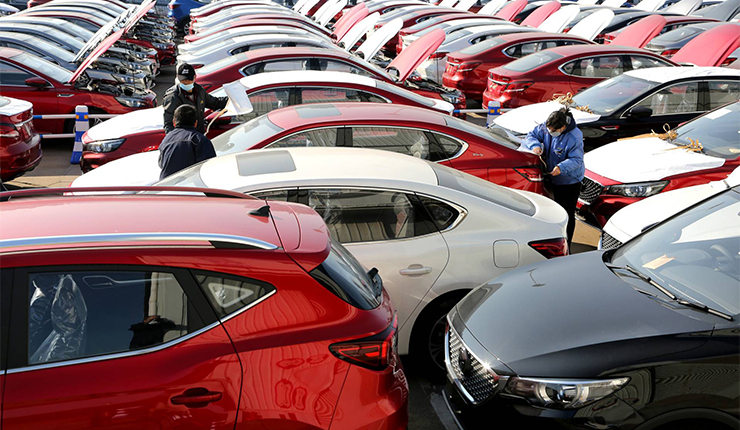China’s passenger vehicle sales had a 20 percent decrease in January and February due to weak demand, despite some car manufacturers offering reduced prices, industry data showed on Wednesday.
The world’s biggest auto market’s sales increased 10.4 percent in February compared to the same period the year before, as business activity was reduced during the week-long Lunar New Year holiday, China Passenger Car Association said.
New energy vehicles (NEVs), which include pure battery electric cars and plug-in hybrids, had fast-growing sale rates, increasing by 61 percent in February, as the central government extended a tax exemption on them, and local authorities spread incentives to encourage purchases.
Local electric vehicle makers have been in a price war in China with Tesla, as battery costs have been dropping, and that resulted in EVs to take market share from best-selling cars with internal combustion engines, analysts highlighted.
Tesla had about 11.5 percent of China’s battery electric car sales in February, which was 11.3 percent the year before, that shows the impact of price cuts the automaker implemented in January.
Tesla also exported 40,479 Chinese vehicles in February, and is set to increase this number expand into new markets as well.
BYD Co Ltd had the highest number of Chinese sales in February, outselling Volkswagen for the second time in four months, as mentioned in retail sales data from China Merchants Bank International.
China’s EV giant has been selling its Qin plug-in hybrid sedan starting from 99,800 Yuan in February, a lower price than Volkswagen’s Lavida and Nissan’s Sylphy, which also consume more fuel than Qin.
Worth mentioning that NEVs represented over 30 percent of new car sales, according to the data.
